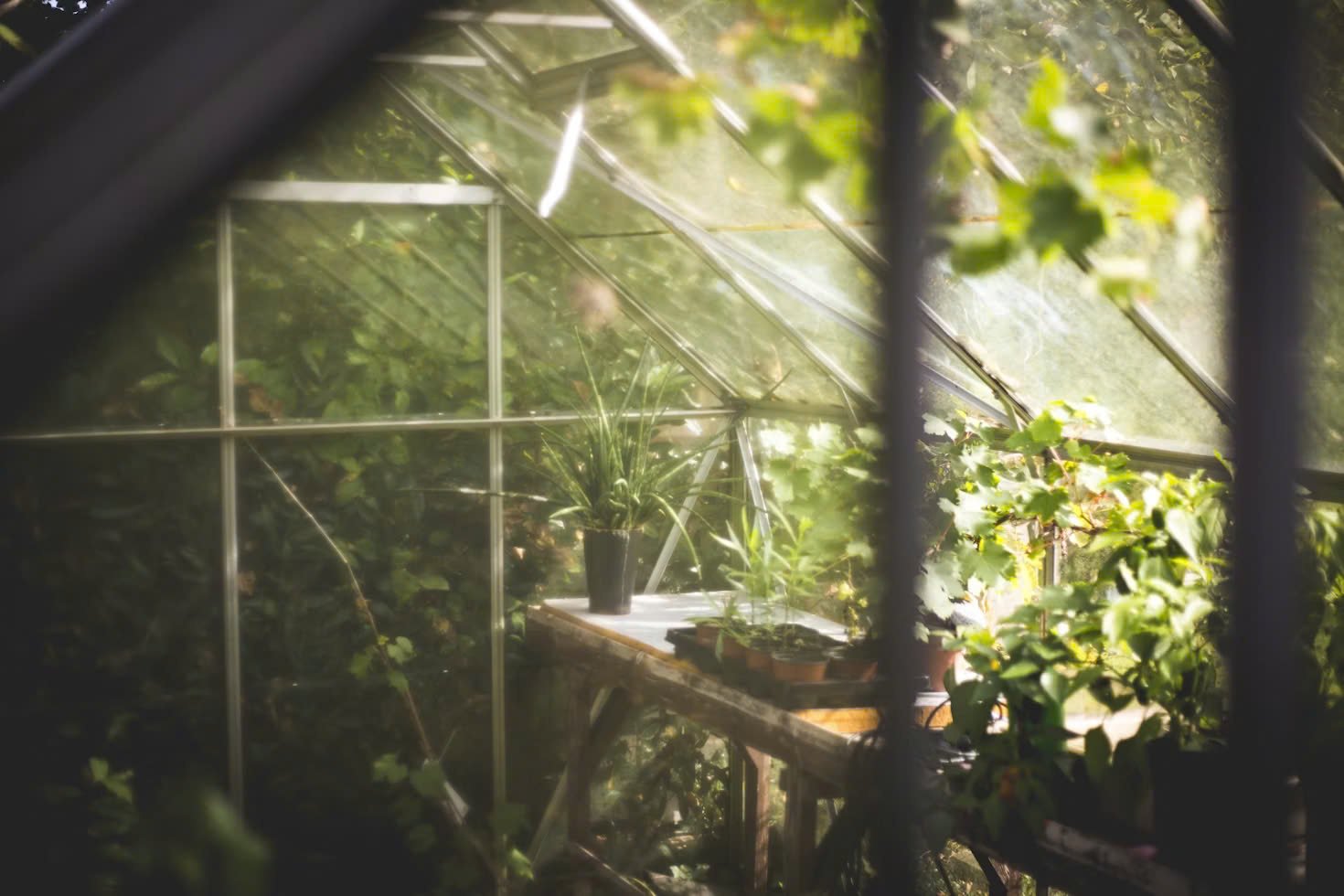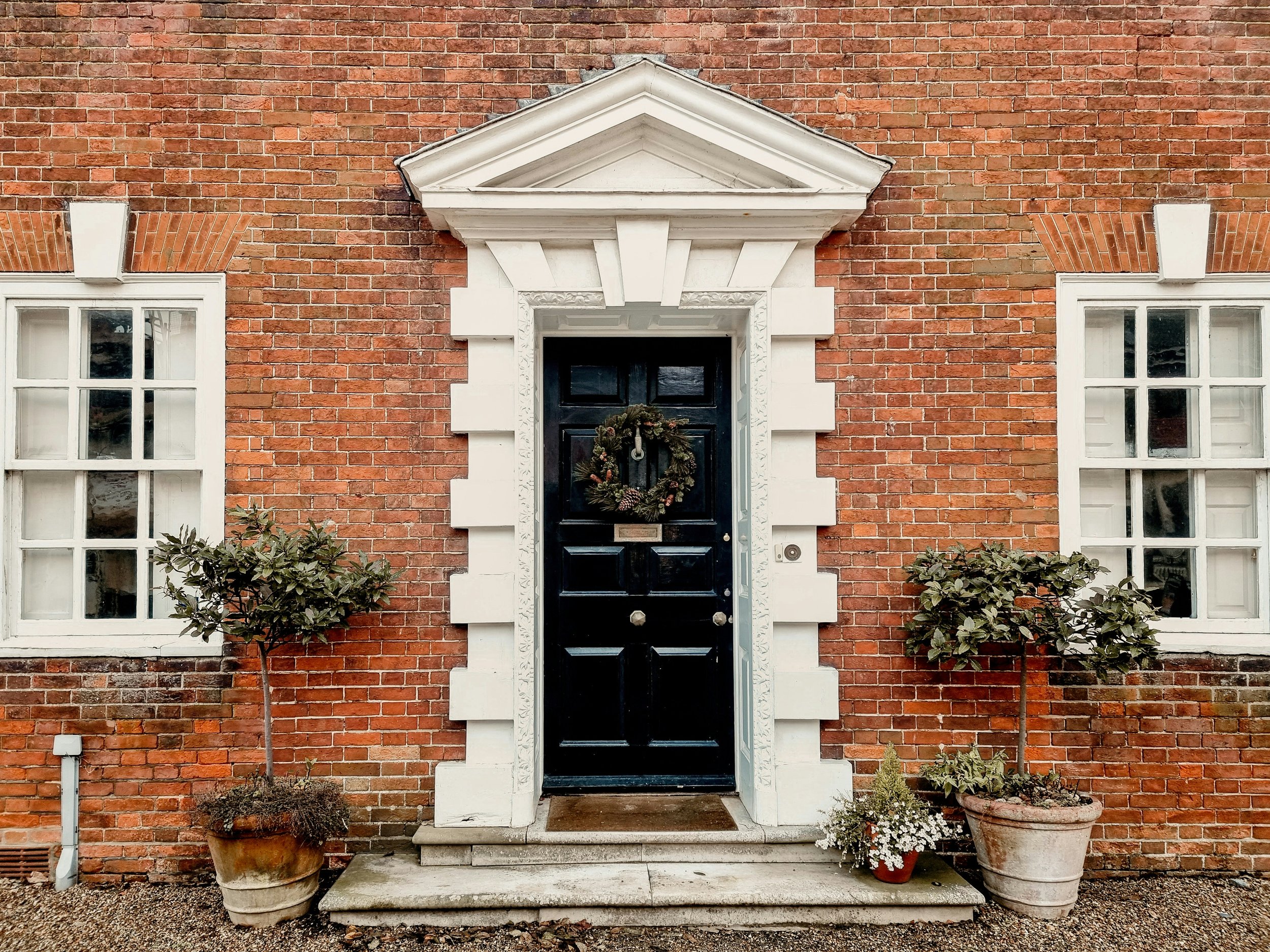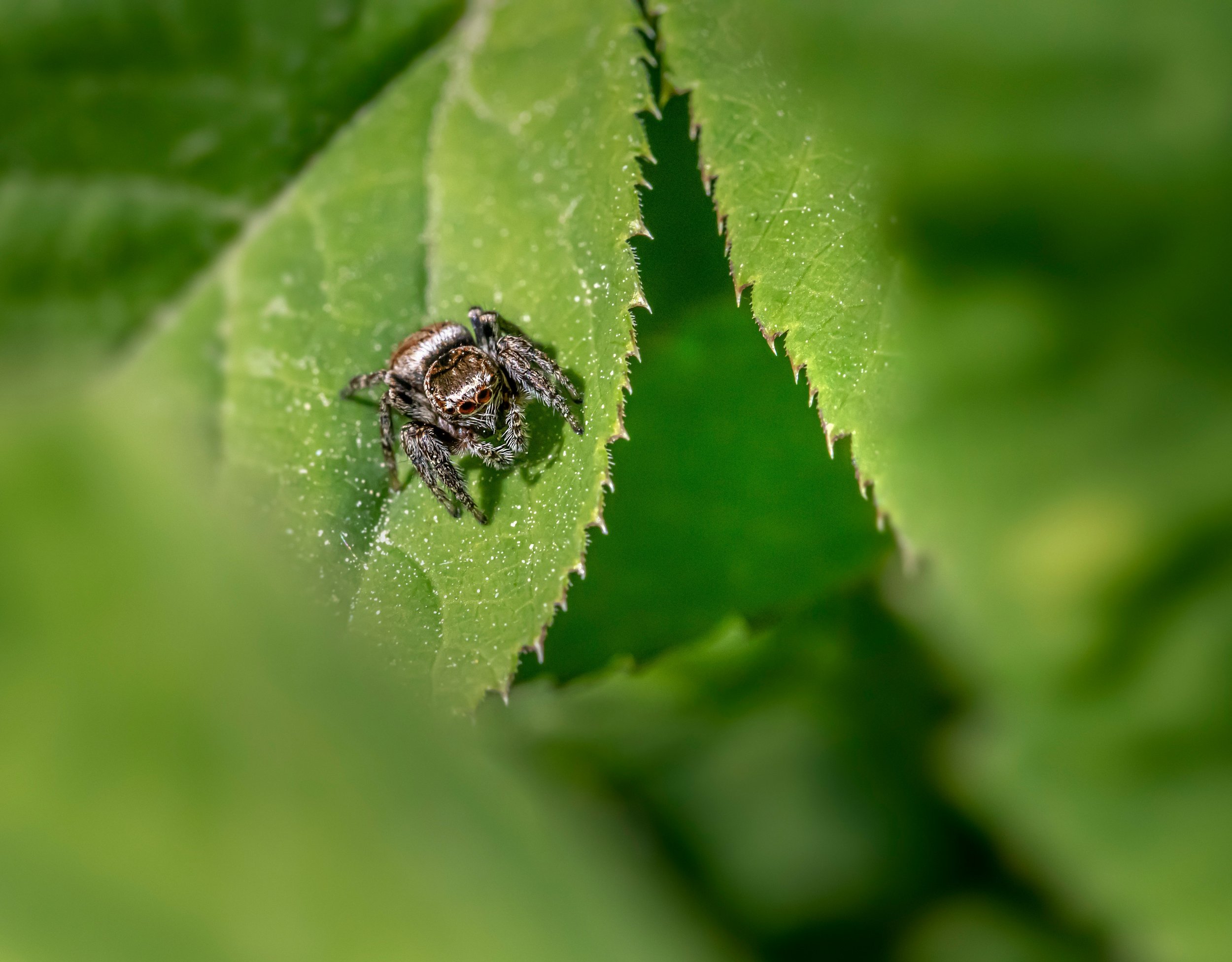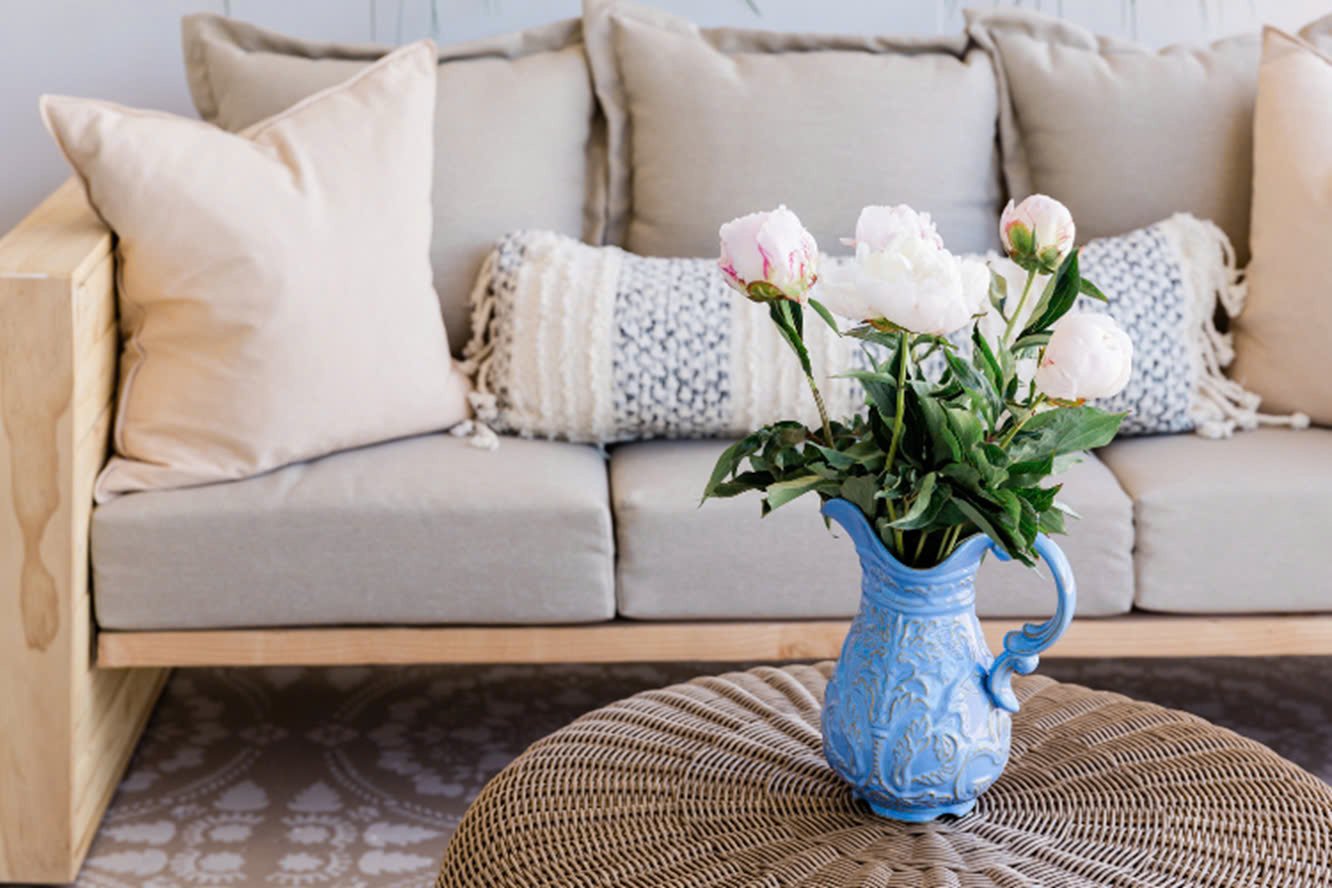Protect Your Garden: Natural Deterrents to Keep Rats Away
Keep your garden safe with natural deterrents to effectively repel rats, ensuring your plants and produce remain undisturbed.
One often associates the plague with the Middle Ages, an infectious disease transmitted by rodents running rampant through the streets. Caused by the bacterium Yersinia pestis, its other moniker “The Black Death” is enough to strike fear into the bravest of hearts.
And yet here we are in the 21st century where officials confirmed a human case in Colorado as recently as July. To increase your anxiety levels, the CDC says about seven human cases are reported annually in the U.S.
New York City has for years tried to shake off unwanted attention as the most rat-infested city in the U.S. Its latest attempt to lower the rodent population is birth control as a humane alternative to glue traps and poison.
Other cities are finding it hard to control their rat populations. Popular Indialantic Boardwalk hired an exterminator to get to the bottom of the infestation.
Three Orlando restaurants were temporarily closed after rats ran out during a routine health inspection. The incident prompted rat removal in Orlando to become more than just a pastime activity.
While many residents don’t like the idea of rodents taking up space in their gardens, there are natural ways to repel them from your garden and ultimately your home.
1. Mint
To the human nose, mint is a refreshing smell that overpowers other pungent odors. To a rat, mint is a sign of toxicity, says Lorin Nielsen, a gardening pest control expert.
She suggests planting a mint border around your garden, especially when growing seasonal produce. Rats have an acute sense of smell. To them, the herb signifies the food in the garden is either poisonous or non-existent.
Nielsen says to keep a few potted mint plants around the perimeter of your garden and inside the greenhouse. Another foolproof idea is to soak a few cotton wool balls in peppermint oil and scatter them around your property. Replace them weekly.
2. Humane Trapping
Areas close to old woodlands are prone to rat infestations. No matter how you try to rid your garden, they always return.
The invasion of these uninvited guests in your sanctuary can be unsettling, says Proteck Wildlife Solutions. Rat control services often use humane live traps and snap traps.
This consists of a cage with bait inside to attract the vermin. Once a rat is inside, a trap door is released, trapping the animal inside. Yes, call it old-fashioned, but these traps are the most successful.
The only setback is that it can only catch one or two rats at a time. A rat exterminator will recommend alternative techniques if you have a rat problem that could result in a rat infestation.
3. Garlic
The mighty power of garlic not only keeps vampires away, but the herb also deters rats from entering your garden.
Florist David Denyer tells Wirral Globe that like mint, rats can’t stand the smell of garlic. To keep them away from your garden, plant some bulbs in between other plants.
If space is limited, sprinkle a few cloves around the flower beds. Denyer adds that lavender falls into the same category. Rats are repelled by their fragrant smell.
4. Chrysanthemums
Who would have thought chrysanthemums would be effective in keeping unwanted pests away from the garden? Known as a natural pesticide, the brightly-colored plant has a secret weapon.
Pyrethrum is a natural deterrent, keeping all kinds of pests away from garden plants. Recently, researchers found that the naturally-occurring chemicals could boost sustainable farming practices.
The study explored the role chrysanthemums could play as a potential companion plant in agriculture. It called for further research to understand pyrethrum's defense mechanisms.
5. Daffodils
Entomologist David Price thinks that daffodils are great companion plants in the garden. Their visually appealing blooms are welcome in any yard. The best part is their ability to repel mice and rats.
He tells Homes & Gardens the bulbs contain alkaloids that are toxic to rodents. Adding a border of daffodils to the garden brightens the area and provides a natural form of pest control.
However, the flower can be harmful to pets. Pest control expert Nicole Carpenter suggests planting them where they are inaccessible to your fur babies.
To ensure a continuous bloom as soon as spring hits, deadhead daffodils when they start to fade. This removes the spent flowers and stops them from forming seedheads.
These natural methods of keeping rats out of your garden should do the trick. If all else fails, it’s time to call in a rat removal company.
With years of experience, they’ll know which techniques will work effectively. A well-recommended pest control company will guarantee the end of your rodent problem. A thorough inspection, trapping and removal will give you added peace of mind and decrease the chances of a rodent infestation.






























